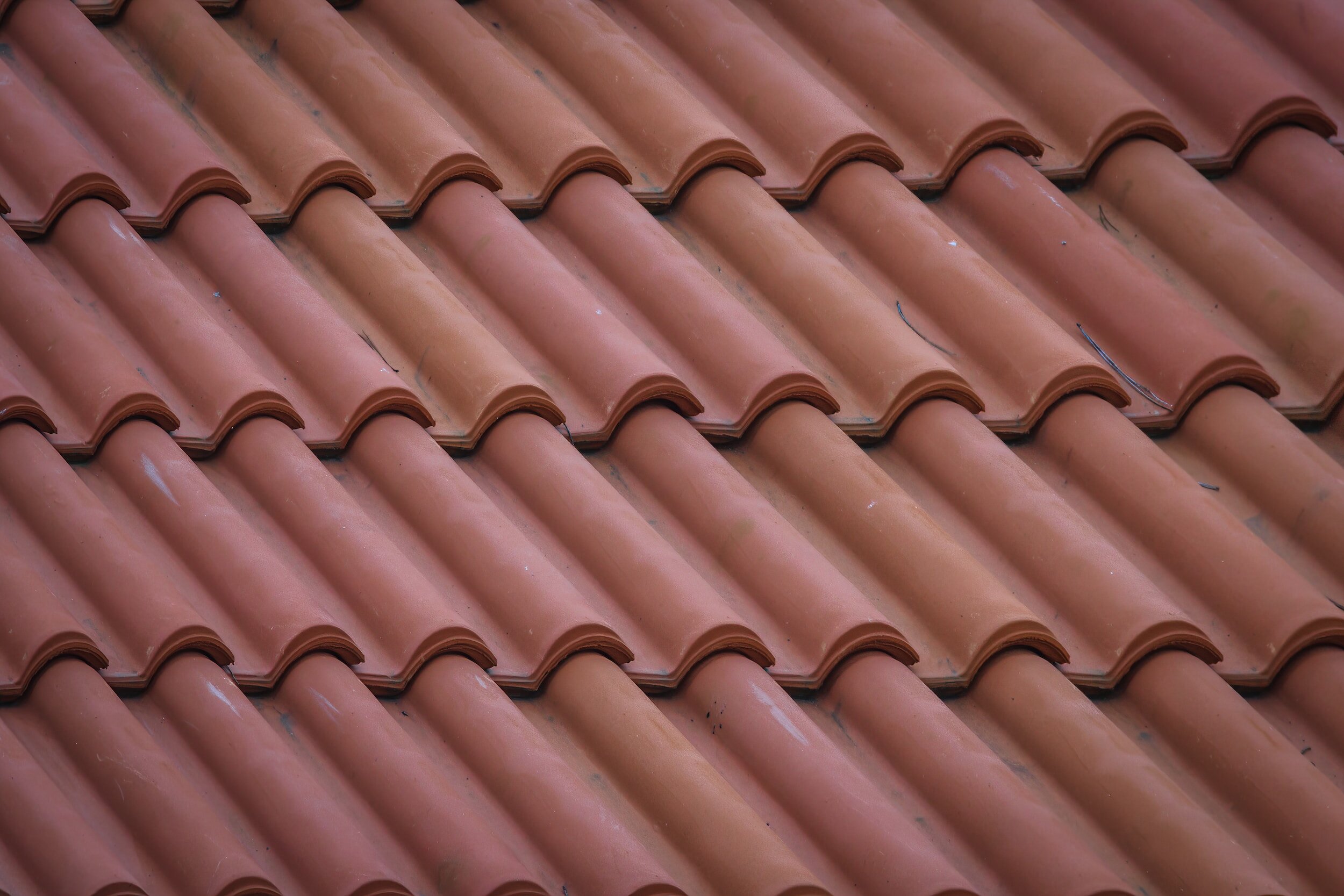KNOW THE DIFFERENT TYPES OF ROOFING SYSTEMS AND THEIR USES
Knowing the different types of roofing systems and their uses helps you decide when roofing your residential or commercial property. The roof is among the vital components of any structure, protecting it against the elements and ensuring the occupants’ safety and comfort.
With various roofing systems available today, choosing the correct one for your needs can be challenging. At Allied Construction, we want you to select the most appropriate roofing system for your building. This blog post explores various roofing systems and their uses, helping you decide when to roof your residential or commercial building.
THE DIFFERENT TYPES OF ROOFING SYSTEMS AND THEIR USES
Builders classify roofing systems depending on their materials. And each type has pros and cons that you should consider to select the most appropriate roof for your property. The following are the different types of roofing systems, their uses, and how they differ.
ASPHALT SHINGLES ROOFING SYSTEM
Asphalt shingle roofing systems are the most popular choice in residential construction due to their affordability, durability, and ease of installation. They come in several varieties, including three-tab shingles, architectural shingles, and designer shingles.
Three-tab asphalt shingle roofs have been around since the 1950s but have become less popular due to their lack of durability compared to other options available today. Architectural asphalt shingle roofs offer a more aesthetically pleasing look with extra protection against wind damage than three-tab asphalt roofs. Designer asphalt shingle roofs provide even more protection against extreme weather conditions while providing an attractive look for any home or business building exterior.
SLATE ROOFING SYSTEM
People have installed slate roofs for centuries, which are still popular among modern homeowners. They are highly durable, lasting up to 100 years. Also, slate roofing systems look attractive. However, a slate roof requires periodic maintenance, including cleaning and repairs, to maintain longevity. Also, this roofing system costs significantly more than other roofing materials.
Nevertheless, slate roofing is a premium option due to its timeless elegance and longevity. Manufacturers make slate roofs from natural stone. Slate tiles are incredibly durable, lasting over a century with proper care. They are fireproof, waterproof, and resistant to harsh weather conditions. Slate roofs are often typical on historical or high-end buildings, adding a touch of sophistication to the architecture. While slate roofing is a significant investment, it offers unmatched beauty and durability, making it a practical choice for property owners seeking a durable and visually appealing option.
CLAY AND CONCRETE TILE ROOFING SYSTEMS
Clay and concrete tile roofing systems are famous for their durability and longevity. Also, they provide a unique aesthetic that can give your home or business building a beautiful look. Clay tiles come in various shapes, sizes, and colors, allowing you to customize your roof to fit your home or building’s appearance. Concrete tiles are popular in cooler climates since they offer better insulation than clay tiles. Also, you can paint them to match your desired color scheme.
These heavy tiles require a sturdy roof structure to support their weight. They offer excellent durability and resistance to fire, insects, and rot. Clay tiles are suitable for Mediterranean, Spanish, or Italian-style architecture, while concrete tiles are more versatile and mimic various materials like wood or slate. They are popular in regions with warm climates since they keep buildings cool by providing natural ventilation.
GREEN ROOFING SYSTEMS
Green roofing systems refer to roofs that vegetation and soil cover partially or entirely, helping reduce the urban heat island effect and providing insulation. These roofing systems are becoming increasingly popular due to their eco-friendly benefits, such as reducing stormwater runoff and air pollution. Also, they add aesthetic value to buildings and can help improve energy efficiency, which makes them an attractive choice for many homeowners and businesses.
Many people call them due to their vegetation, which provides numerous benefits, including improving air quality. Green roofs can be extensive, with low-growing plants like succulents and grasses, or intensive, with deeper soil and a wider variety of plants. They are suitable for residential and commercial buildings and are especially beneficial in urban areas with limited green space.
INSTALL THE CORRECT ROOFING SYSTEMS ON YOUR PROPERTY
Selecting the right roofing system is crucial for any structure’s longevity, functionality, and overall aesthetics. Each roofing material type has unique advantages and is best suited for specific climates, architectural styles, and personal preferences. Whether you prioritize affordability, durability, energy efficiency, or environmental sustainability, there is a roofing system to meet your needs.
At Allied Construction, we have the most competent roofing experts. Our team can help you select the most appropriate roofing system for your needs and budget. We’ll discuss various roofing systems with you and consider the local climate, building codes, and long-term costs to help you make an informed decision. By understanding the different types of roofing systems and their uses, you can pick the most appropriate option you’ll be proud of for years. Contact us to discuss your roofing project with the leading experts today!



